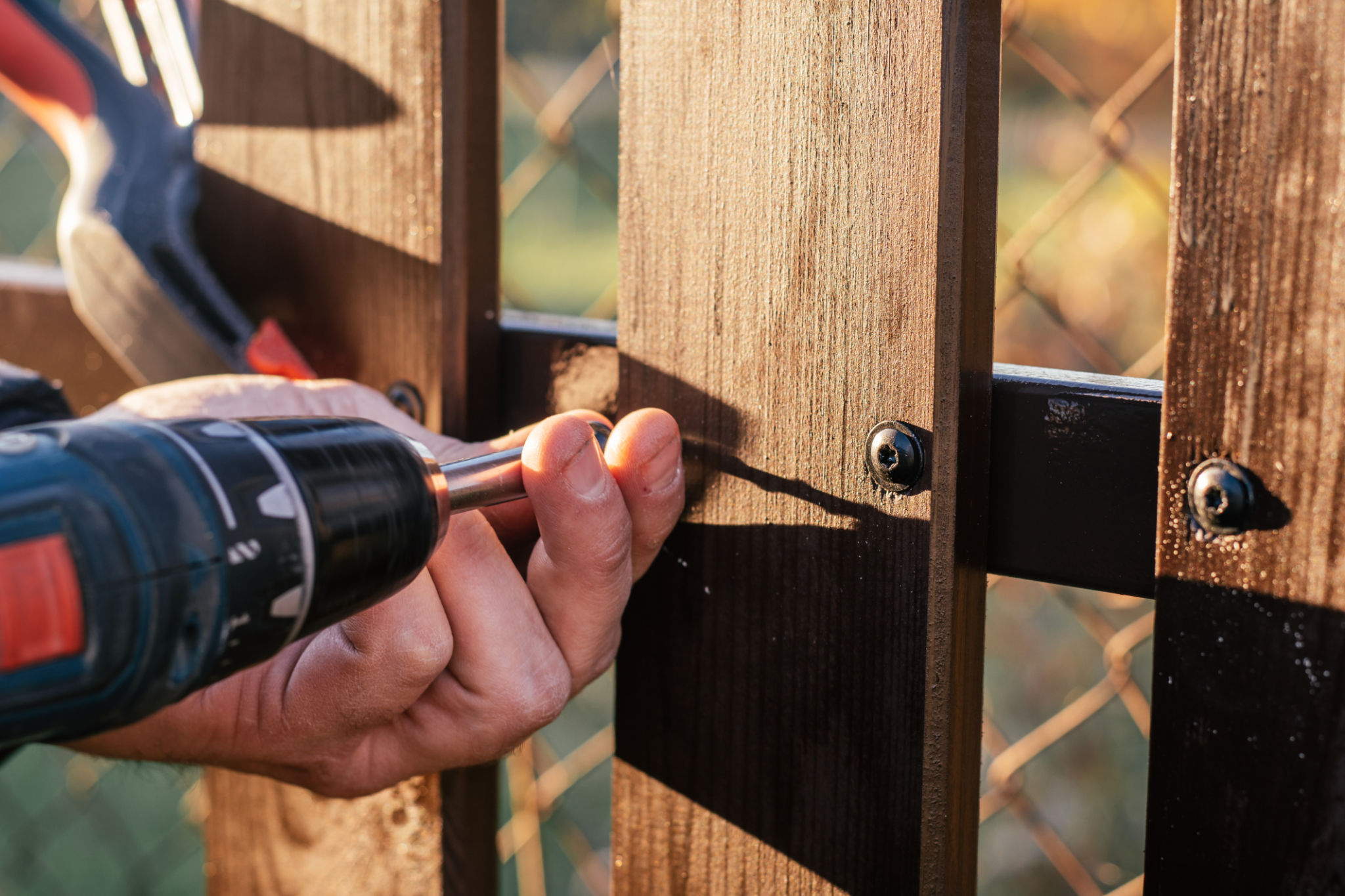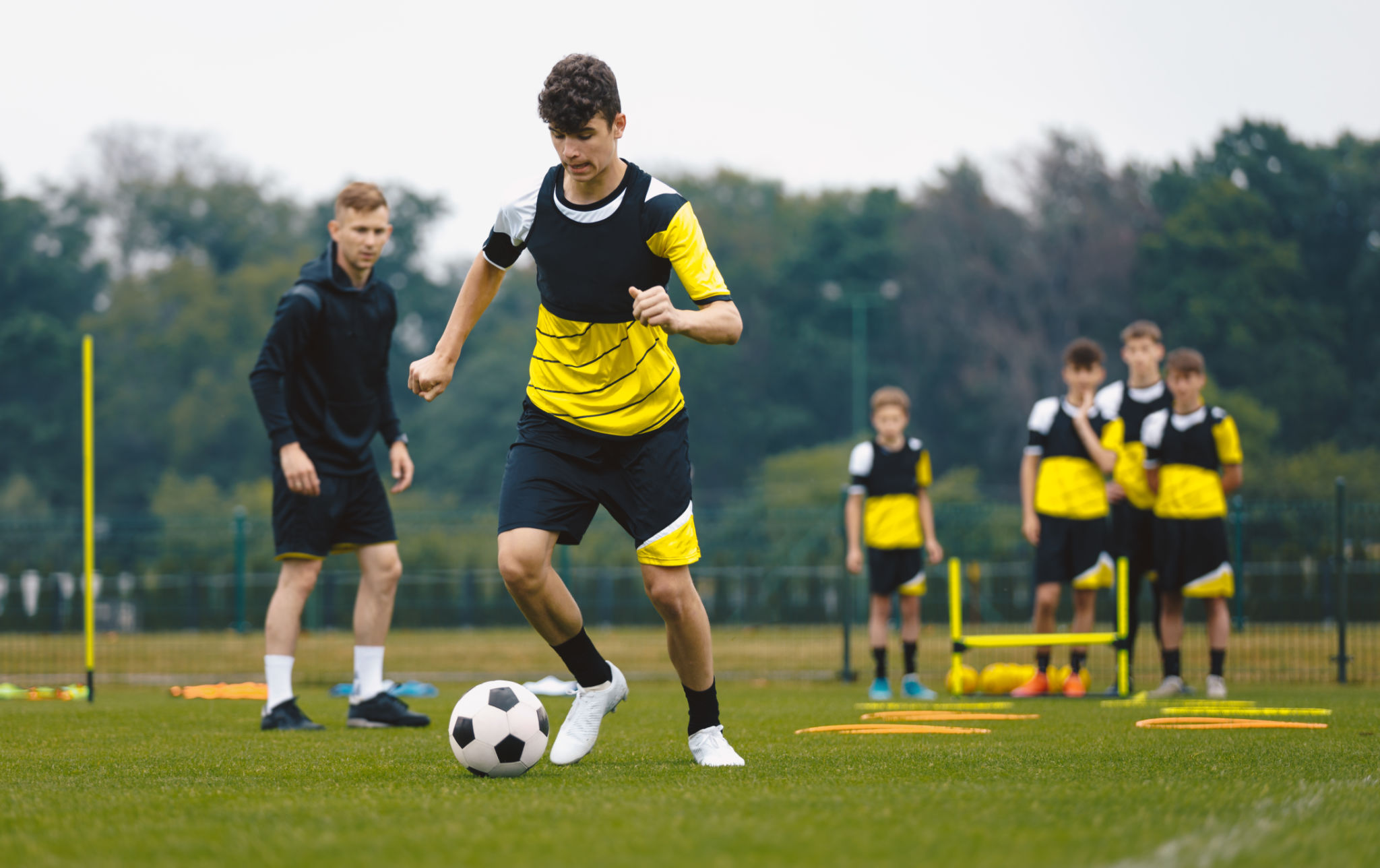How to Prepare Your Team for a Fencing Event: Tips and Tricks
Understanding the Basics of Fencing
Fencing is a dynamic and strategic sport that combines physical agility with mental acuity. Preparing your team for a fencing event requires an understanding of not just the sport itself, but also the nuances that can give your team the competitive edge. Start by ensuring everyone is familiar with the basic rules and techniques. This foundation is crucial for both beginners and those looking to refine their skills.
Additionally, it's essential to educate your team on the different types of weapons used in fencing: the foil, epee, and sabre. Each weapon has its own set of rules and techniques, so understanding these can help players choose their preferred style and weapon.

Developing a Training Plan
A well-structured training plan is vital for preparing your team effectively. Start by setting clear, achievable goals for each training session. Include a mix of physical conditioning, technique drills, and strategy sessions in your plan. This balanced approach ensures that your team develops both the physical prowess and strategic mindset needed for competition.
Regular practice matches are also beneficial. They not only sharpen skills but also help players adapt to the pressure and pace of real competitions. Encourage your team to learn from each match, identifying areas for improvement and celebrating successes.
Physical Conditioning
Fencing requires agility, endurance, and strength. Incorporate exercises that improve these attributes into your training regimen. Focus on cardiovascular conditioning to enhance stamina, strength training for powerful movements, and agility drills to improve reaction times and footwork.

Building Team Cohesion
While fencing is an individual sport, a supportive team environment can significantly boost morale and performance. Foster an atmosphere of encouragement and camaraderie within your team. Consider team-building activities outside of training sessions to strengthen these bonds.
Communication is another critical aspect. Encourage open dialogue where team members can share their thoughts and suggestions. This approach not only improves teamwork but also cultivates a sense of belonging among players.
Mastering Mental Preparation
Mental sharpness is as crucial as physical preparation in fencing. Teach your team techniques for maintaining focus and composure under pressure. Visualization exercises can be particularly effective, helping fencers mentally rehearse their moves and strategies before a match.

Event Day Readiness
The day of the event is when all preparation comes together. Ensure that your team is familiar with the logistics of the event location, including travel plans and accommodation if necessary. Also, remind them to pack all necessary equipment, including their chosen weapons, protective gear, and spare items.
Nutrition and hydration are vital on event day. Encourage your team to eat balanced meals and stay hydrated to maintain energy levels throughout the competition. Small snacks and water should be on hand to keep energy levels stable between rounds.
Post-Event Reflection
After the event, gather your team for a debriefing session. Discuss what went well and identify areas for improvement. This reflection process is invaluable for continuous development and future success.
Celebrate achievements, no matter how small, to keep motivation high. Recognizing efforts boosts confidence and encourages a positive attitude towards future challenges.